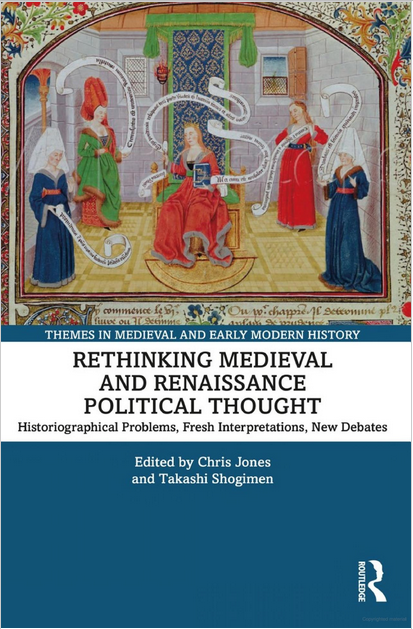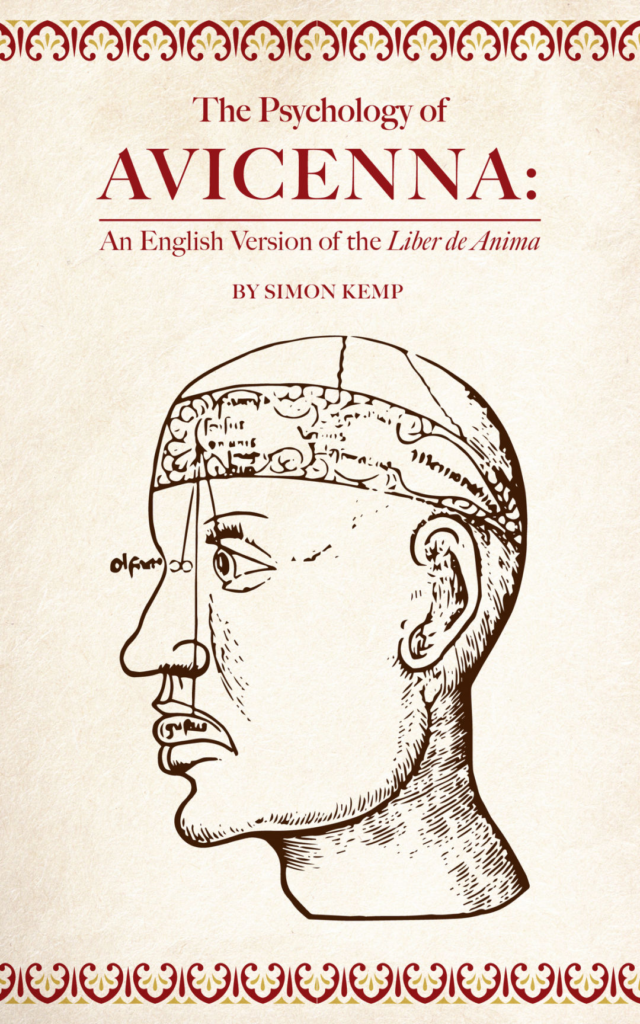Member Matthew Firth has recently published a monograph with Routledge entitled Early English Queens, 850-1000: Potestas Reginae.
The book offers a comprehensive, biography-led examination of queenship in England between 850 and 1000, tracing the development of the queen’s role from bed companion to institutional office.
The period 850–1000 is critical to the development of English queenship. In the aftermath of viking invasion, the kings of Wessex expanded their hegemony over neighbouring regions, gradually establishing themselves as the kings of England. Parallel to this broad narrative of political change is the lesser-known story, told in this book, of the royal women who took part in it. The lives of three remarkable women – Æthelflæd, Lady of the Mercians, and the West Saxon consorts Eadgifu and Ælfthryth – are central to the story, here retold through the careful analysis and reappraisal of source documents. These biographies set the stage for detailed study of the agency and advocacy of all women who held queenly office in England between 850 and 1000, as well as their legacies and reception by later generations.
Early English Queens, 850–1000 gives important insights into the role women played in the first 150 years of the West Saxon dynasty, offering a compelling narrative that will appeal to students and scholars of early medieval England and royal studies.
The book is available in ebook, softcover and hardcover. Available in all good bookstores, it is currently 20% off at Routledge with discount code EFLY03.









